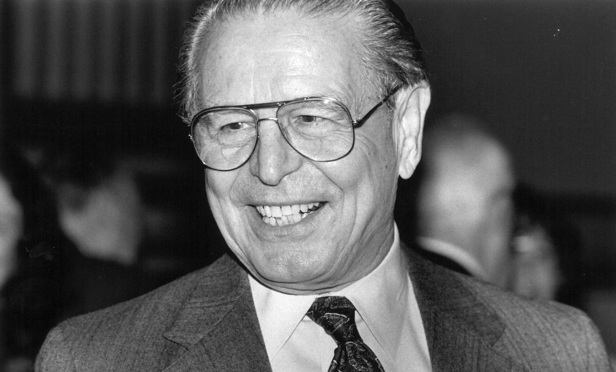On Christmas Eve 1985, I was working in San Francisco as a law clerk to U.S. District Judge Samuel Conti of the Northern District of California—heady stuff for a Pennsylvania hick. Judge Conti was appointed to the federal bench by President Richard Nixon (from the California state bench, to which then-governor and future President Ronald Reagan had appointed him). His humble background as a self-made, first-generation Italian-American who served in World War II, then attended Stanford Law with two future U.S. Supreme Court justices, was likely among many reasons the judge was especially sensitive to the plight of “little people” who found themselves pitted against the government, large corporations, or other entities or people with superior resources and power.
As was his custom, Judge Conti treated us law clerks and the rest of his staff to lunch at Fisherman’s Wharf to celebrate the holidays. He then wanted us to go home early and be with our families. Awaiting me on our return from lunch, though, was an application for a temporary restraining order, or TRO, from a group of about a half-dozen disabled employees of the U.S. Mint on Mission Street in San Francisco. I could see these folks on our chambers’ closed circuit TV, nervously milling around in the hall outside while I spoke with their attorney.



